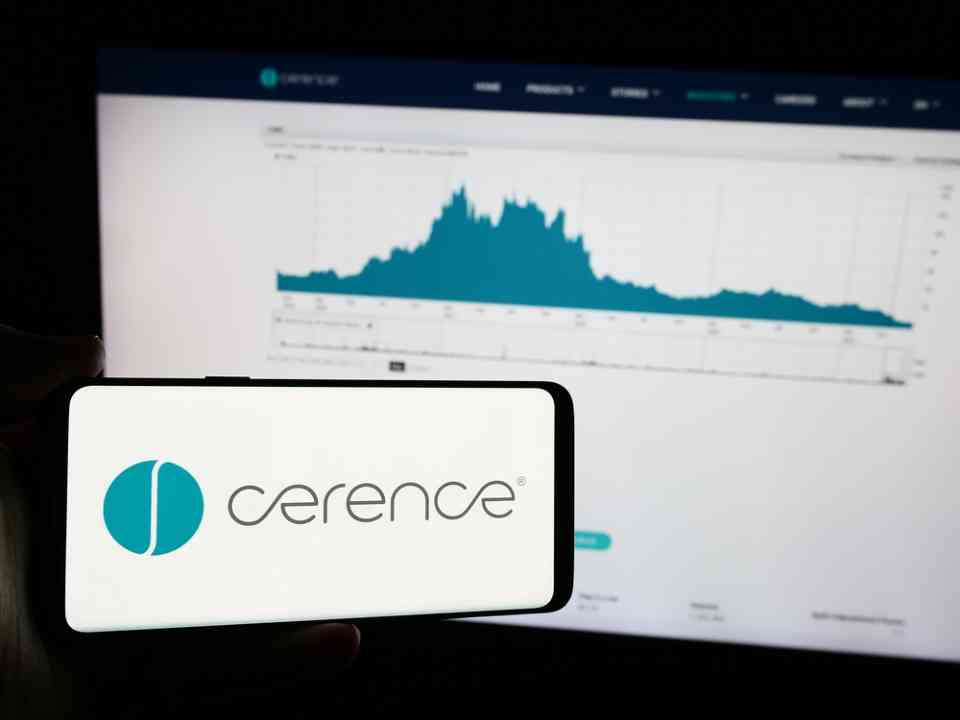Controversial Appointment as Former Intel CEO Brian Krzanich Faces Backlash as New Leader of Cerence

Brian Krzanich, former CEO of Intel, was recently named the Chief Executive Officer of Cerence Inc., a company specializing in automotive AI technology. The announcement quickly ignited a wave of criticism across social media, with Cerence’s LinkedIn page seeing an influx of negative comments. The backlash became so overwhelming that the company opted to disable its comment section, according to a report by Tom’s Hardware.
Cerence officially confirmed Krzanich’s appointment through a press release, stating that he would assume the role of CEO and join the Board of Directors, effective immediately following the announcement on October 7th.
In the same press release, Cerence’s Chairman of the Board, Arun Sarin, expressed confidence in Krzanich’s leadership. Sarin emphasized Krzanich’s successful history as a public company CEO, praising his ability to drive significant business transformations, foster innovation, and achieve sustainable growth. Sarin further highlighted Krzanich’s expertise in artificial intelligence and cloud computing, citing these as key reasons why he was chosen to steer Cerence through its current phase of transition.
The press release also underscored Krzanich’s previous achievements during his tenure at Intel, noting that under his leadership, Intel expanded its focus to emerging technologies such as AI, cloud computing, and autonomous driving. During his time as CEO from 2013 to 2018, Intel’s revenue grew from $52 billion to over $70 billion.
Despite these accomplishments, Krzanich’s appointment at Cerence has been met with considerable opposition. His leadership at Intel has long been a point of controversy, particularly in regard to his handling of key technological decisions. One of the most debated choices was his skepticism toward the economic viability of extreme ultraviolet (EUV) technology, which led Intel to bypass early EUV equipment from ASML. This decision contributed to delays in the company’s 10nm process, causing Intel to lose its competitive edge to rivals like TSMC and Samsung in advanced semiconductor manufacturing. As a result, Intel saw a decline in market share, especially against competitor AMD.
Have you read?
Highest-Paid Athletes in the World.
Largest stock exchanges in the world by market capitalization.
Countries with the largest air forces in the world.
Best European destinations to travel to as a student.
Largest Cities in Africa.
Bring the best of the CEOWORLD magazine's global journalism to audiences in the United States and around the world. - Add CEOWORLD magazine to your Google News feed.
Follow CEOWORLD magazine headlines on: Google News, LinkedIn, Twitter, and Facebook.
Copyright 2025 The CEOWORLD magazine. All rights reserved. This material (and any extract from it) must not be copied, redistributed or placed on any website, without CEOWORLD magazine' prior written consent. For media queries, please contact: info@ceoworld.biz








